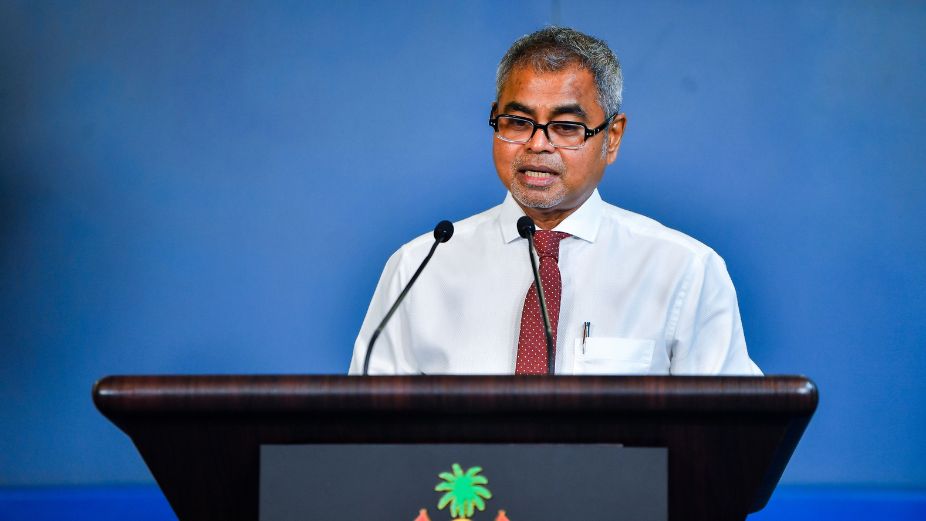
Tourism and Environment Minister Thoriq Ibrahim has stated that the Maldives’ ban on Israeli passport holders has had no noticeable impact on the country’s tourism sector. Speaking at a press conference on Wednesday, the Minister explained that authorities have been closely monitoring daily tourist arrivals to identify any potential decline following the ratification of the amendment to the Immigration Act earlier this month. So far, no major changes have been observed.
The decision to ban Israeli passport holders, ratified by President Dr Mohamed Muizzu on 15 April, drew significant international attention. According to the Minister, much of the global media coverage has been supportive of the Maldives’ stance, with relatively little sign of coordinated boycott campaigns targeting the country’s tourism sector. Nonetheless, the government continues to monitor developments and is actively briefing diplomatic missions abroad on the rationale behind the new policy.
The amendment to the Immigration Act introduces a provision explicitly barring Israeli passport holders from entering Maldivian territory. The move, the government said, reflects its position against the ongoing actions of Israel in Palestine and aligns with the Maldives’ broader diplomatic efforts supporting Palestinian rights.
Arrival statistics for April, covering the period from 1 to 22 April, show that the Maldives recorded 150,808 tourist arrivals, a 20.7 percent increase compared to the same period in 2024. Daily arrival numbers have remained strong, suggesting stable demand for Maldives as a destination despite concerns raised by some international media outlets.
In total, the Maldives has welcomed 783,226 tourists so far this year, up 7.4 percent compared to the same period in 2024. Resorts continue to dominate the market, accounting for 70.2 percent of arrivals, while guesthouses represent a growing share at 24.2 percent.
Among source markets, China remains the largest contributor with 84,845 arrivals this year, followed closely by the United Kingdom and Russia. Notably, markets traditionally sensitive to political developments, such as Germany and the United States, also continue to maintain strong arrival figures, suggesting that the passport ban has yet to translate into any discernible impact among Western visitors.
With April’s figures indicating both resilience and growth, the current data appears to support Minister Thoriq’s assertion that the Maldivian tourism sector has not been significantly affected by the new immigration policy.











